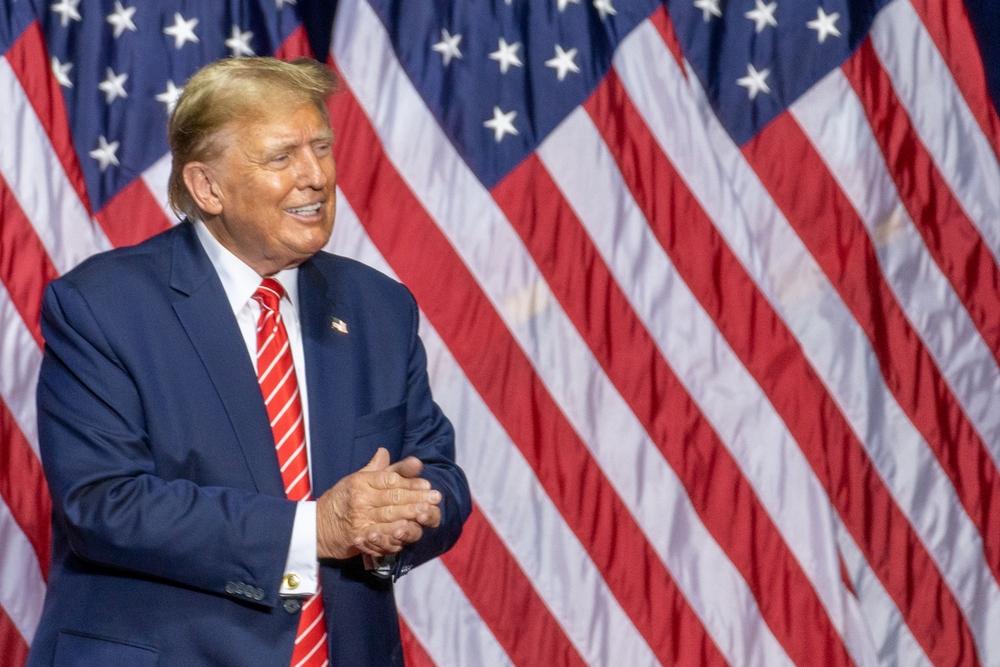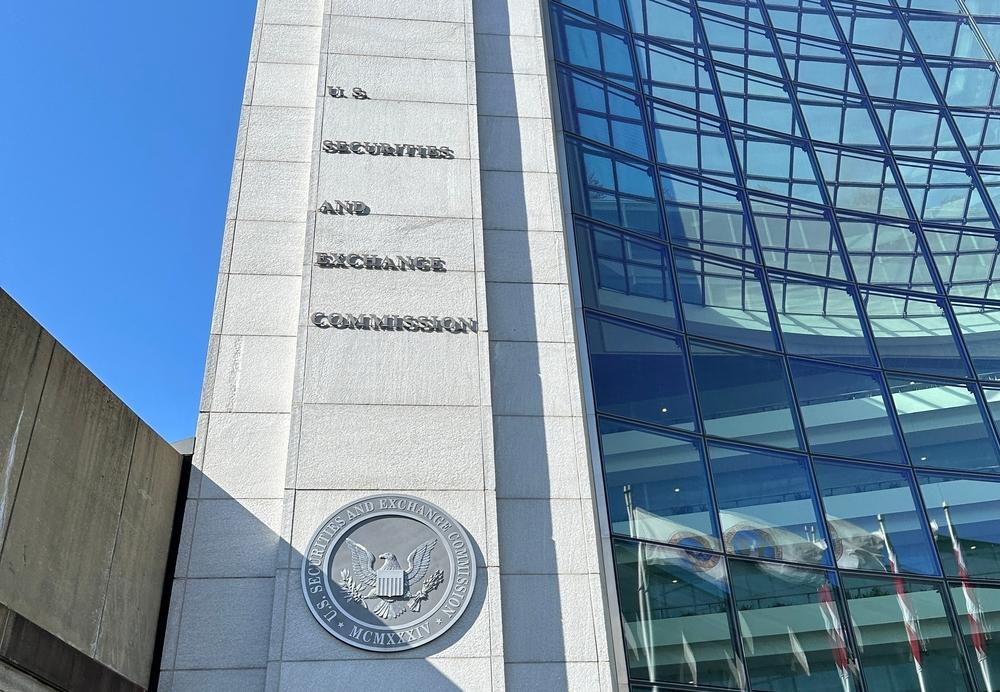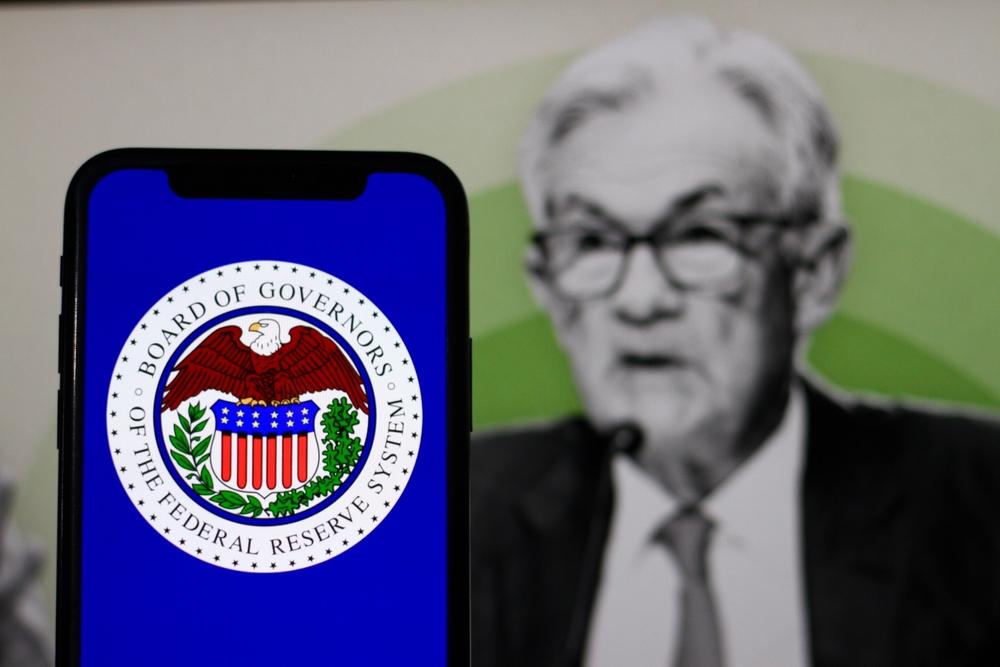Scott Vessant, considered a leading candidate for Treasury Secretary under President-elect Donald Trump, has expressed opposition to the idea of the U.S. adopting a central bank digital currency (CBDC).
According to CoinTelegraph on January 17, Vessant articulated his stance during a Senate Finance Committee hearing on January 16. Responding to a question from Republican Senator Marsha Blackburn, Vessant referenced China’s introduction of the digital yuan during the 2022 Olympics and argued that the U.S. does not need a CBDC.
“There is no reason for the U.S. to adopt a central bank digital currency,” Vessant stated. “CBDCs are often introduced by countries lacking alternative investment options. The U.S., with its diverse portfolio of secure assets, has no such necessity.”
Background on Scott Vessant
Though not yet officially nominated, Vessant’s views and financial policy positions have drawn significant attention. A former partner at Soros Fund Management and a donor to Trump’s campaign, Vessant has previously voiced support for the U.S. government’s efforts to foster the cryptocurrency industry.
CBDC Debate Under Trump Administration
The Biden administration had initiated research into the potential development of a U.S. CBDC, citing goals of enhancing financial inclusion. However, Republican lawmakers have criticized the digital dollar, raising concerns over financial privacy and national security risks.
During his campaign, Trump explicitly stated, “There will be no CBDC implemented during my term.”
In May 2024, the Republican-led House of Representatives passed the “CBDC Anti-Surveillance State Act,” prohibiting the Federal Reserve from issuing a CBDC directly or indirectly. The bill was sent to the Senate Banking Committee in June 2024 but awaits further discussion under the now Republican-controlled Senate.
Implications for U.S. Financial Policy
If confirmed as Treasury Secretary, Vessant’s opposition to CBDCs could signal a shift in U.S. financial policy, prioritizing traditional assets and decentralized cryptocurrencies over centralized digital currencies. With the debate ongoing, the future of digital currency adoption in the U.S. remains uncertain.


























Comment 0